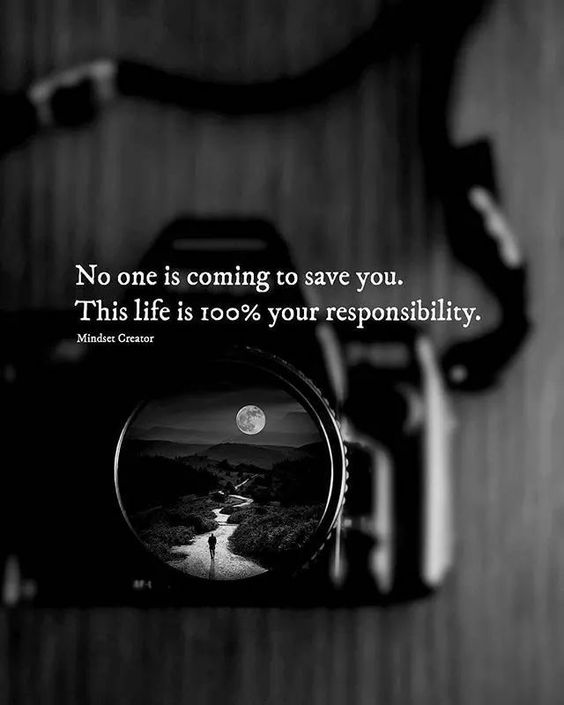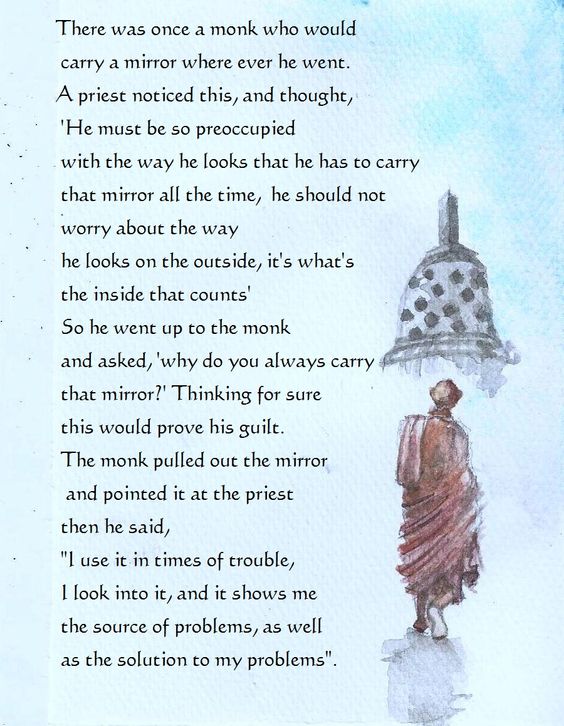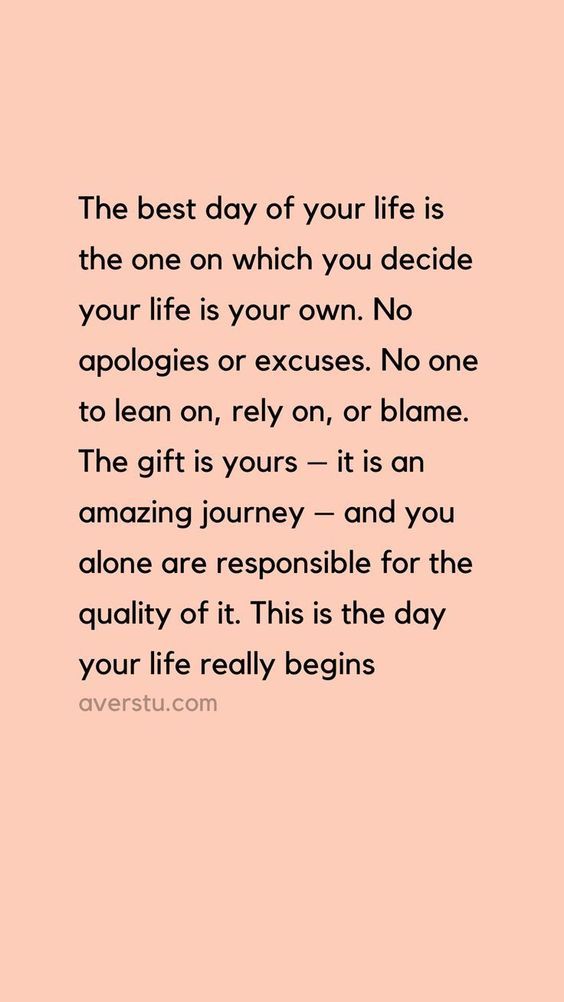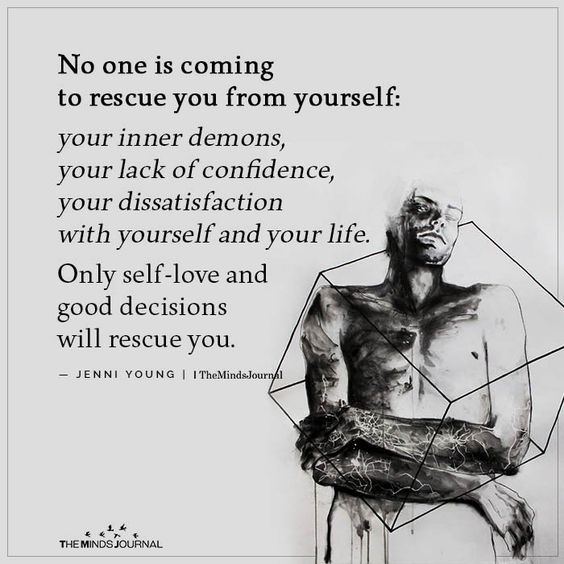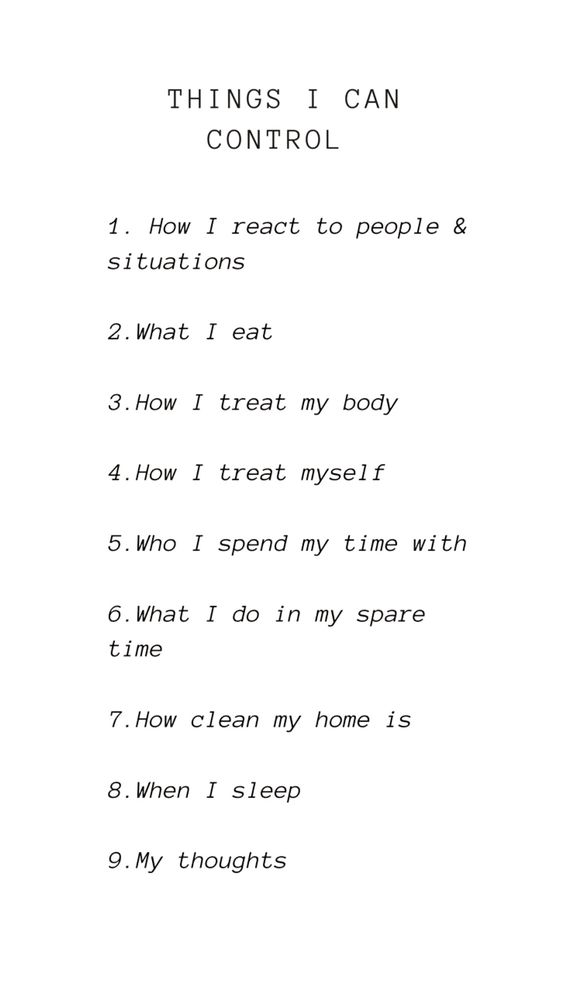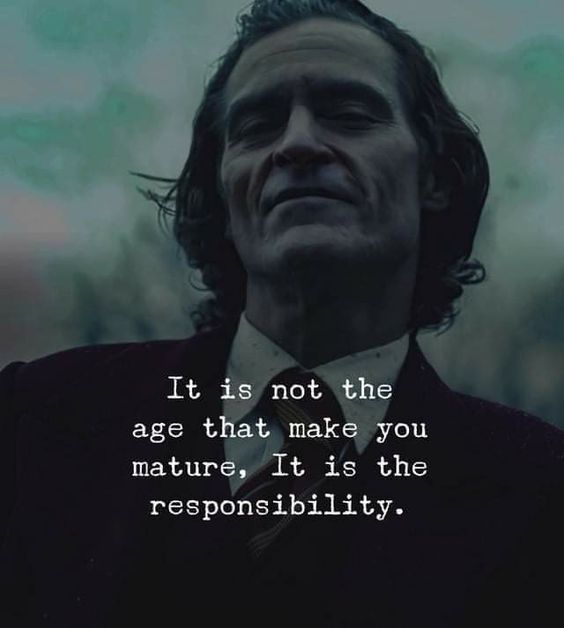“We are an ‘out there’ society, accustomed to thinking in terms of them against us. We want to fix the world so that we can remain the same. And for an ‘out there’ society, coming ‘inside’ is a problem. But now is the time to learn how. Now is the time to change. Because unless we do, the chaos will remain. And we can’t afford this kind of chaos much longer. We’re simply running out of time.”
Michael Gerber, The E-Myth Revisited (Page 261)
“We can’t change the world ‘out there.’ And fortunately, we don’t have to; we can begin much slower to home. We can begin ‘in here.’ In fact, if we’re to succeed, we must. Because the chaos isn’t ‘out there’ in everyone else. It’s not ‘out there’ in the world. The chaos is ‘in here’ in you and me. The world’s not the problem; you and I are. The world’s not in chaos; we are. The world’s apparent chaos is only a reflection of our own inner turmoil.”
Michael Gerber, The E-Myth Revisited (Page 260)
Naval Ravikant Quote on Freedom and Living Below Your Means
“People who live far below their means enjoy a freedom that people busy upgrading their lifestyles can’t fathom.”
Naval Ravikant
Beyond the Quote (184/365)
Most people think that freedom is the absence of responsibility. But, when you look closely, the opposite is actually the case: freedom is a byproduct of responsibility. You can’t be free until you’ve taken proper responsibility for yourself and your life. You can’t even free up the mental resources needed to enjoy said freedom until you’ve covered the bases for your survival, right? How free are you really if you’re starving? How free can you possibly be if you’re without water? Is being free of a house freedom? Or is it a constant threat to your survival and a chronic cage of worry that haunts you? Let’s start by looking at the relationship between freedom and responsibility more closely.
Read More »Naval Ravikant Quote on Freedom and Living Below Your MeansGlenn Danzig Quote on Shopping Carts and How They Are The Ultimate Litmus Test
“The shopping cart is the ultimate litmus test for whether a person is capable of self-governing. To return the shopping cart is an easy, convenient task and one which we all recognize as the correct, appropriate thing to do. To return the shopping cart is objectively right. There are no situations other than dire emergencies in which a person is not able to return their cart. Simultaneously, it is not illegal to abandon your shopping cart. Therefore the shopping cart presents itself as the apex example of whether a person will do what is right without being forced to do it. No one will punish you for not returning the shopping cart, no one will fine you or kill you for not returning the shopping cart, you gain nothing by returning the shopping cart. You must return the shopping cart out of the goodness of your own heart. You must return the shopping cart because it is the right thing to do. Because it is correct. A person who is unable to do this is no better than an animal, an absolute savage who can only be made to do what is right by threatening them a law and the force that stands behind it. The Shopping Cart is what determines whether a person is a good or bad member of society.”
Glenn Danzig
Beyond the Quote (183/365)
…Maybe not an “animal” or an “absolute savage,” but certainly a person who has given in to their lazy tendencies. I think we all have that moment when we load the last grocery bag into the car and we look back at the cart only to deeply contemplate how to handle the no-longer-needed thing that’s just sitting there staring at us. We look around for the nearest cart return station and try to minimize the amount of effort it will take to get the thing out of our way so that we can quickly make our escape back home. Isn’t it amazing how quickly we can change our minds about something that provided us so much convenience to all-of-a-sudden being something that is such an annoyance and has become such a hassle? Ah, but how quickly we do that for so much in life, eh?
Read More »Glenn Danzig Quote on Shopping Carts and How They Are The Ultimate Litmus Test“There was no better decision I could have made than the discipline I put on myself of having responsibility, having another human being—my wife—that I have to answer to.”
J. Cole, via Stillness is the Key (Page 145)
“Perhaps our environmental problems are not best construed technically. Maybe they’re best considered psychologically. The more people sort themselves out, the more responsibility they will take for the world around them and the more problems they will solve. It is better, proverbially, to rule your own spirit than to rule a city. It’s easier to subdue an enemy without than one within. Maybe the environmental problem is ultimately spiritual. If we put ourselves in order, perhaps we will do the same for the world. Of course, what else would a psychologist think?” ~ Jordan Peterson, 12 Rules for Life (Page 364)
“We aren’t victims of life—we are life. We have power over our efforts, which gives us power to adjust our sails depending on which way things are blowing. Self-pity serves as a barrier to those sails and sets us on a one-way path downward. Our problems may not be our fault, but they are definitely our responsibility, so ask yourself how well excessive self-pity and seeking pity help with that responsibility. The more we exercise our power to turn our days around, the more the tools to help us will find us.” ~ Humble the Poet, Things No One Else Can Teach Us (Page 261)
“Our problems aren’t always our fault, but they’re still our responsibility.” ~ Humble the Poet, Things No One Else Can Teach Us (Page 247)
“Power and blame go hand in hand, so if we want to find the power to improve our situation, we’re going to have to take responsibility, no matter how much others did us dirty. Taking the time to see how we contribute to our unfortunate circumstances is the first step to turning things around. Comparing ourselves to others and spending excessive time on social media only fuels our self-pity, and the more aware we are of those triggers, the better off we’ll be. Pointing fingers and taking offense are also the language of self-victimization, and we need to recognize when theirs becomes a habit we can’t kick. The secret to dealing with much of the bullshit life throws us is self-sufficiency, which means finding ways to own the bullshit, even when there are plenty of other people who should be sharing the blame.” ~ Humble the Poet, Things No One Else Can Teach Us (Page 220)
“The world doesn’t stop for our tragedies; it keeps moving, and we have to keep moving with it. Stop handling your tragedies like a child, and deal with them like an adult. Adults show up for work, children stay in bed.” ~ Humble the Poet, Things No One Else Can Teach Us (Page 62)
“No one will ever tell you how great you can be. You will never be asked to do something incredible with your life. You will never get a letter in the mail that says, ‘Dear you, please, do something important with your time.’ Even if you do it quietly you have to give yourself the life you want.” ~ Iain Thomas, Every Word you Cannot Say (Page 72)
“We have to accept responsibility for the state of our own mind; it doesn’t work to blame others for our confusion or expect them to encourage or confirm us in our practice. We have to look to ourselves as the source of our own confusion—and our own enlightenment.” ~ Sakyong Mipham, Turning the Mind Into An Ally (Page 98)
“If we want to undo our own bewilderment and suffering and be of benefit to others and the planet, we’re going to have to be responsible for learning what our own mind is and how it works, no matter what beliefs we hold. Once we see how our mind works, we see how our life works, too. That changes us.” ~ Sakyong Mipham, Turning the Mind Into An Ally (Page 5)

